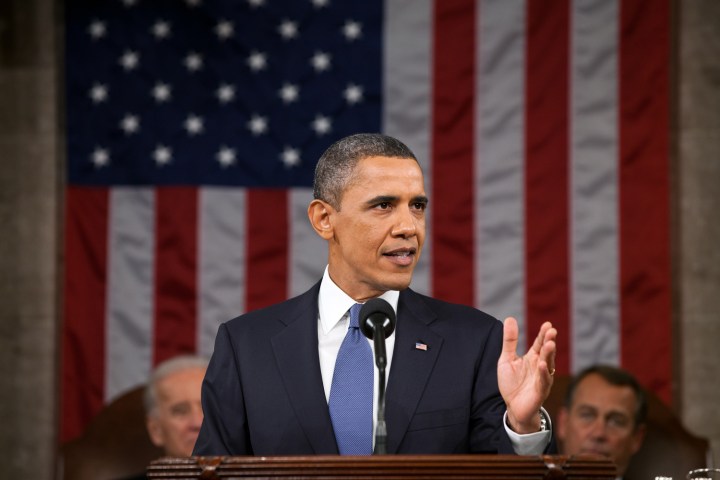
Known as the Cybersecurity National Action Plan, it will look to the future by bringing outdated systems into the contemporary era, as well as laying the groundwork for the next generation of digital security experts.
The $19 billion represents a 35 percent increase on current fiscal expenditure on digital upgrades and defenses, and if given approval, will come into play for the 2017 fiscal year. The DailyDot breaks down that figure, citing $3.1 billion as earmarked for modernizing infrastructure in government agencies throughout America. It will also consolidate resources, perhaps utilizing cloud computing to unify many departments.
$62 million will be allocated to create cybersecurity scholarships, which encourage the development of certain skills and will provide government jobs when completed – even extending loan forgiveness plans to make those positions more attractive.
On a more organisational level, a new National Center for Cybersecurity Resilience will be created, though it won’t have any physical foundations. It will instead be a simulated environment which will allow commercial and governmental entities to test their systems against various threats, without actually making them vulnerable to attack.
The initiative also plans to offer a certification system, much like the Energy Star label, which will let consumers and businesses know a certain product or service features vetted security.
Moving forward, a Commission on Enhancing National Cybersecurity will look at potential future threats and will advise the ongoing government and the next one on what they should consider when it comes to digital security. It is expected to deliver its first report before the end of the year.
A boon for those concerned about government oversight when it comes to mass surveillance will be the new Federal Privacy Council, which is designed to safeguard the way the government uses information. However, as it stands it doesn’t appear to have much in the way of actual power to enforce anything, so time will tell how useful it really is.
Although there are likely to be (unannounced) plans to upgrade the government’s EINSTEIN cyber defense system, it has detailed efforts to improve the age old weak link in the chain: the humans that use it. Government agents will more frequently use two-factor authentication going forward, and the number of people with high-level access to systems has been drastically reduced.
Although some measures detailed above can be pushed through by the executive branch of government, much of it will depend on whether Congress gives the approval for the budget.



